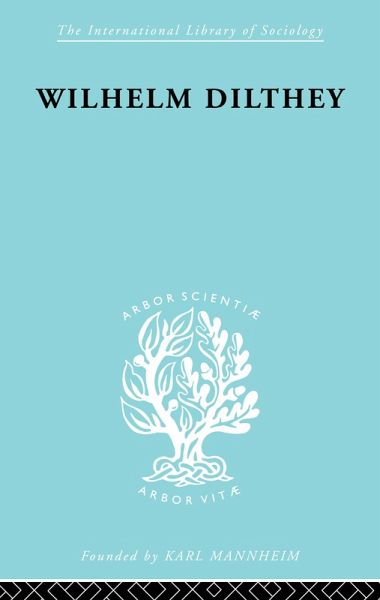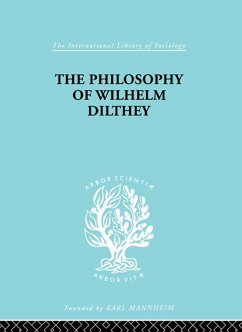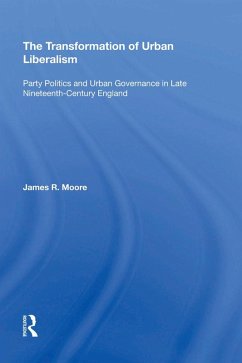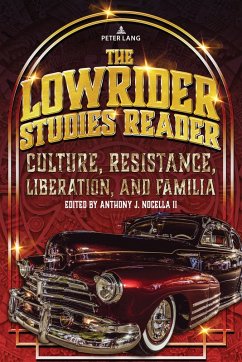
William Dilthey (eBook, ePUB)

PAYBACK Punkte
23 °P sammeln!
First Published in 1998. This is Volume XXII of twenty-two in the Sociology of Social Theory and Methodology series. Written in 1944, this book serves as an introduction to German philosopher Wilhelm Dilthey, whose trend of his interests and purposes were brought together in a great work, his Critique of Historical Reason, were established as early as 1880, but was unfinished upon his death.
Dieser Download kann aus rechtlichen Gründen nur mit Rechnungsadresse in A, B, BG, CY, CZ, D, DK, EW, E, FIN, F, GR, HR, H, IRL, I, LT, L, LR, M, NL, PL, P, R, S, SLO, SK ausgeliefert werden.













